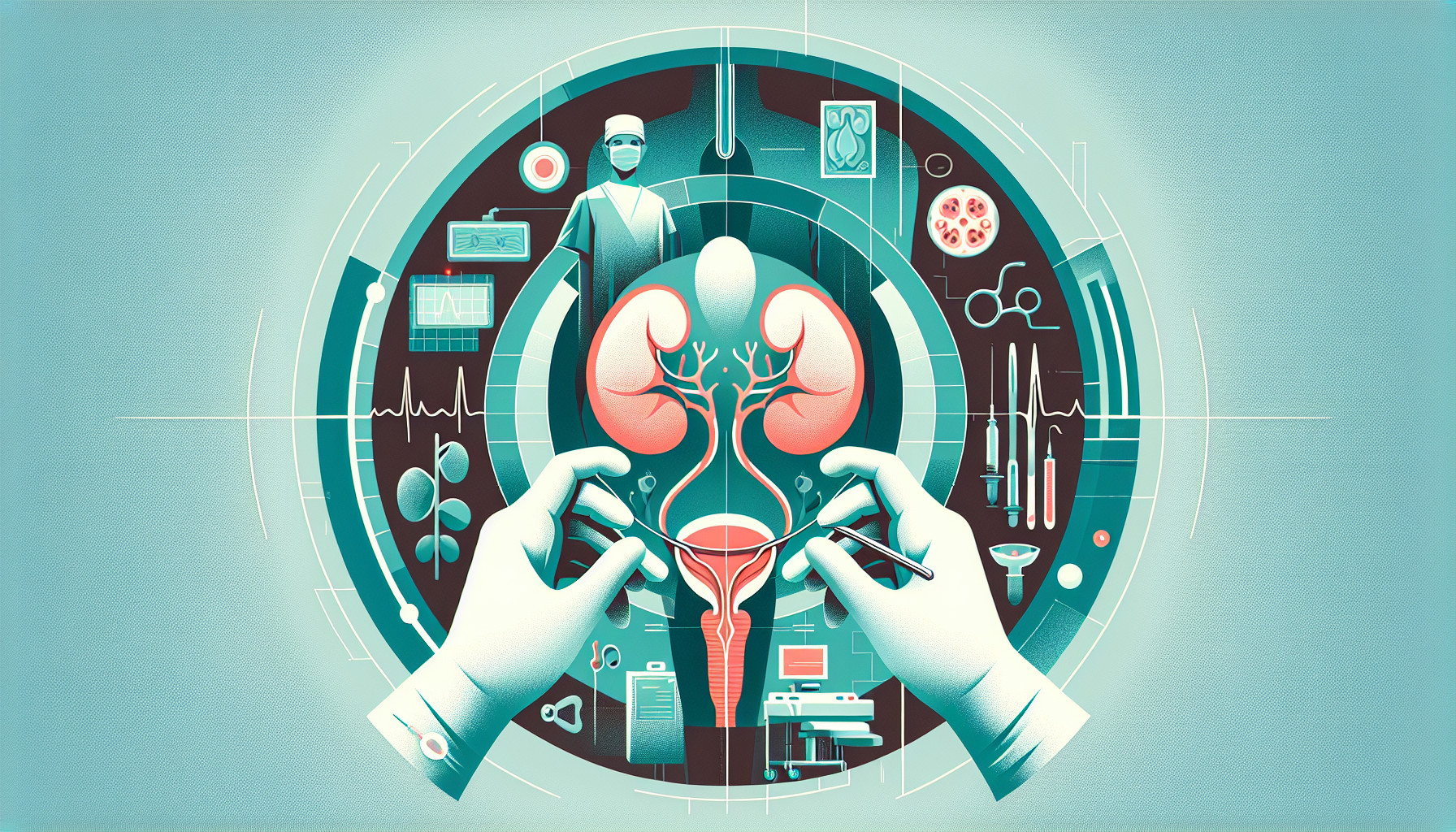Our Summary
The research paper is about a study on the safety and effectiveness of performing certain kidney and bladder surgeries on an outpatient basis (meaning the patient goes home the same day) in children, as compared to doing these surgeries as inpatient procedures (meaning the patient stays in the hospital for one or more days).
The study reviewed the medical records of patients who had these surgeries by the same pediatric urologist from January 2003 to March 2020. The surgeries were performed in two settings - a pediatric surgery center and a children’s hospital.
The results showed that out of 980 surgeries, 94% were done on an outpatient basis and 6% were done as inpatient procedures. The study found that those who had outpatient surgery were younger, had lower health risk scores, shorter surgery times, and fewer hospital readmissions or emergency room visits within 72 hours after the surgery.
The researchers concluded that these types of surgeries can be safely performed on an outpatient basis, regardless of whether they’re done in a children’s hospital or a pediatric ambulatory surgery center. This could be a more cost-effective option since outpatient surgery is typically less expensive than inpatient surgery. They suggest that pediatric urologists consider this option and discuss it with families when making treatment decisions.
FAQs
- What is the primary finding of the study regarding outpatient and inpatient surgeries for children?
- What were the benefits observed in patients who had outpatient surgeries compared to those who had inpatient procedures?
- Did the location where the surgeries were performed have any impact on the safety and effectiveness of the procedures?
Doctor’s Tip
One helpful tip a doctor might tell a patient about bladder surgery is to follow all pre-operative instructions given by the medical team. This may include fasting before the surgery, stopping certain medications, and preparing the bladder for the procedure. By following these instructions carefully, the patient can help ensure a successful surgery and smooth recovery.
Suitable For
Patients who are typically recommended bladder surgery include those with conditions such as urinary incontinence, bladder stones, bladder cancer, interstitial cystitis, bladder diverticulum, or neurogenic bladder. These patients may experience symptoms such as frequent urination, painful urination, blood in the urine, or difficulty emptying the bladder. In some cases, conservative treatments such as medication or behavioral therapies may not be effective, and surgery may be necessary to address the underlying issue and improve the patient’s quality of life.
Timeline
Before bladder surgery:
- Patient consults with a pediatric urologist to discuss the need for surgery and the risks and benefits.
- Patient undergoes preoperative testing such as blood work and imaging studies.
- Patient is given instructions on how to prepare for surgery, including fasting before the procedure.
- Patient arrives at the surgical facility on the day of surgery and meets with the surgical team.
- Patient undergoes anesthesia and the surgery is performed.
After bladder surgery:
- Patient wakes up in the recovery room and is monitored by medical staff.
- Patient may experience pain and discomfort following surgery and will be given pain medication.
- Patient is discharged home the same day if the surgery was performed on an outpatient basis.
- Patient is given postoperative instructions on wound care, medication management, and follow-up appointments.
- Patient may experience some recovery time at home, including restrictions on physical activity and diet.
- Patient follows up with the pediatric urologist for a postoperative appointment to monitor healing and address any concerns.
What to Ask Your Doctor
- What specific bladder surgeries can be performed on an outpatient basis?
- How does the safety and effectiveness of outpatient bladder surgery compare to inpatient surgery in children?
- What are the potential risks and complications associated with outpatient bladder surgery?
- How will pain management be handled after the surgery if done on an outpatient basis?
- What is the expected recovery time for outpatient bladder surgery compared to inpatient surgery?
- What criteria are used to determine if a child is a suitable candidate for outpatient bladder surgery?
- What follow-up care will be needed after outpatient bladder surgery?
- What measures are in place to ensure the child’s comfort and safety during and after outpatient bladder surgery?
- How often are emergency situations encountered during outpatient bladder surgery, and how are they handled?
- Are there any factors that would make a child ineligible for outpatient bladder surgery, and if so, what are they?
Reference
Authors: Crute W, Wofford A, Powers J, Smith DP. Journal: J Pediatr Urol. 2023 Aug;19(4):432.e1-432.e8. doi: 10.1016/j.jpurol.2023.04.033. Epub 2023 May 4. PMID: 37210299
